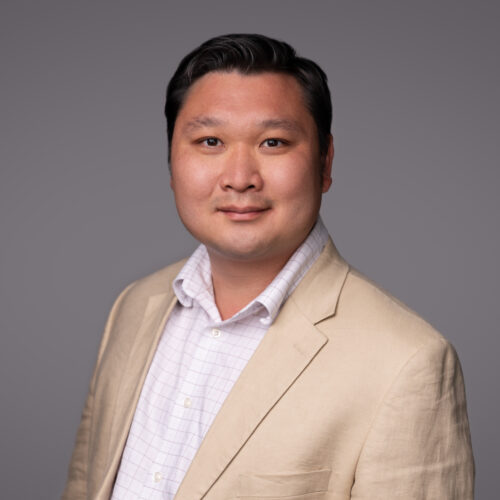
Dr. A. Moses Lee
“Cracking the brain’s electrical code for OCD—making deep brain stimulation faster, safer, and more precise for those with the toughest cases.”
Dr. A. Moses Lee’s research is advancing precision neuromodulation for severe, treatment-resistant OCD by developing brain network–guided interventions that make deep brain stimulation faster, safer, and more effective.
A. Moses Lee, MD, PhD, is an Assistant Professor of Psychiatry at the University of California, San Francisco (UCSF), where he directs the UCSF OCD Program and leads the Networks, Neuroscience, and Neuromodulation (N3) Lab. Trained entirely at UCSF in medicine, neuroscience, and psychiatry, Dr. Lee re-established the Adult OCD and Tic Disorder Clinic, where his interdisciplinary team delivers evidence-based care—including cognitive-behavioral therapy, medication management, and advanced neuromodulation treatments such as transcranial magnetic stimulation (TMS) and deep brain stimulation (DBS)—for severe, treatment-resistant OCD. His research investigates how brain networks give rise to psychiatric symptoms, with a particular focus on identifying electrophysiological and imaging biomarkers that can guide targeted neuromodulatory interventions. Using tools ranging from surface and intracranial EEG to structural and functional MRI, his lab studies the default mode network, cortico-striato-thalamo-cortical (CSTC) circuits, and other systems implicated in OCD, depression, and related disorders. Dr. Lee’s work has been recognized with honors including the 2024 Deeda Blair Research Initiative Award, a NARSAD Young Investigator Grant, and the NIMH Outstanding Resident Award.
